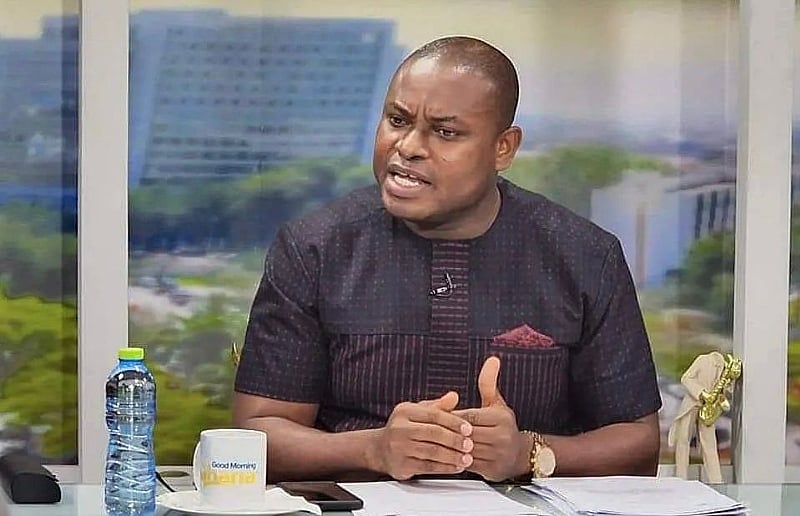The recent announcement of a cocoa farmgate price increase by the Ghanaian government has sparked controversy and accusations of betrayal from the opposition New Patriotic Party (NPP). The new price, set at GHS3,228.75 per 64kg bag, represents a modest increase from the previous GHS3,100. While the government, represented by Finance Minister Dr. Cassiel Ato Forson, presented this adjustment as a positive step for the 2025/2026 crop season, the NPP’s National Communications Director, Richard Ahiagbah, vehemently criticized the increment as a significant under-delivery of promises made to cocoa farmers during the 2024 election campaign by then-candidate and now President John Mahama.
Ahiagbah’s critique centers on the disparity between the current price and the substantially higher figures touted by Mahama during his campaign. The NPP spokesperson recalled Mahama’s criticism of the previous government’s GHS3,000 per bag price, emphasizing that Mahama had proposed a minimum of GHS6,000 per bag, or even more, as a fair price for cocoa farmers. Ahiagbah argues that the recently announced GHS3,228 price represents a stark departure from this commitment, constituting a betrayal of the trust placed in Mahama by the cocoa farming community.
The NPP’s condemnation of the new cocoa price underscores the political significance of cocoa production in Ghana. Cocoa is a major export commodity and a vital source of income for a significant portion of the population. The government’s pricing decisions directly impact the livelihoods of countless farmers and have implications for the overall economic stability of the country. The NPP’s strong reaction highlights the sensitivity of this issue and the potential for political fallout when perceived promises are not met.
Ahiagbah’s statement further accuses the government of undermining the expectations of farmers nationwide. He frames the price announcement as a “heartbreaking violation” of Mahama’s campaign pledge, intensifying the narrative of betrayal and emphasizing the emotional impact of the perceived inadequacy of the price increase. By characterizing the government’s action in such strong terms, the NPP seeks to rally support from cocoa farmers and portray itself as their advocate.
The clash between the government’s announced price and the NPP’s criticism exposes the complex interplay of economic policy and political rhetoric. The government’s rationale for the price increase, likely based on factors such as international market prices and domestic production costs, is juxtaposed against the NPP’s emphasis on campaign promises and the perceived needs of cocoa farmers. This divergence in perspectives creates a political battleground where each side seeks to gain public support by presenting its narrative as the more compelling and just.
The cocoa pricing debate in Ghana serves as a microcosm of broader political and economic dynamics. It illustrates the challenges faced by governments in balancing competing interests, fulfilling campaign pledges, and addressing the complex realities of commodity markets. The NPP’s vocal opposition highlights the importance of accountability and the potential consequences for political leaders when perceived commitments are not upheld. The ongoing debate will likely continue to shape the political landscape and influence the relationship between the government and the cocoa farming community.














